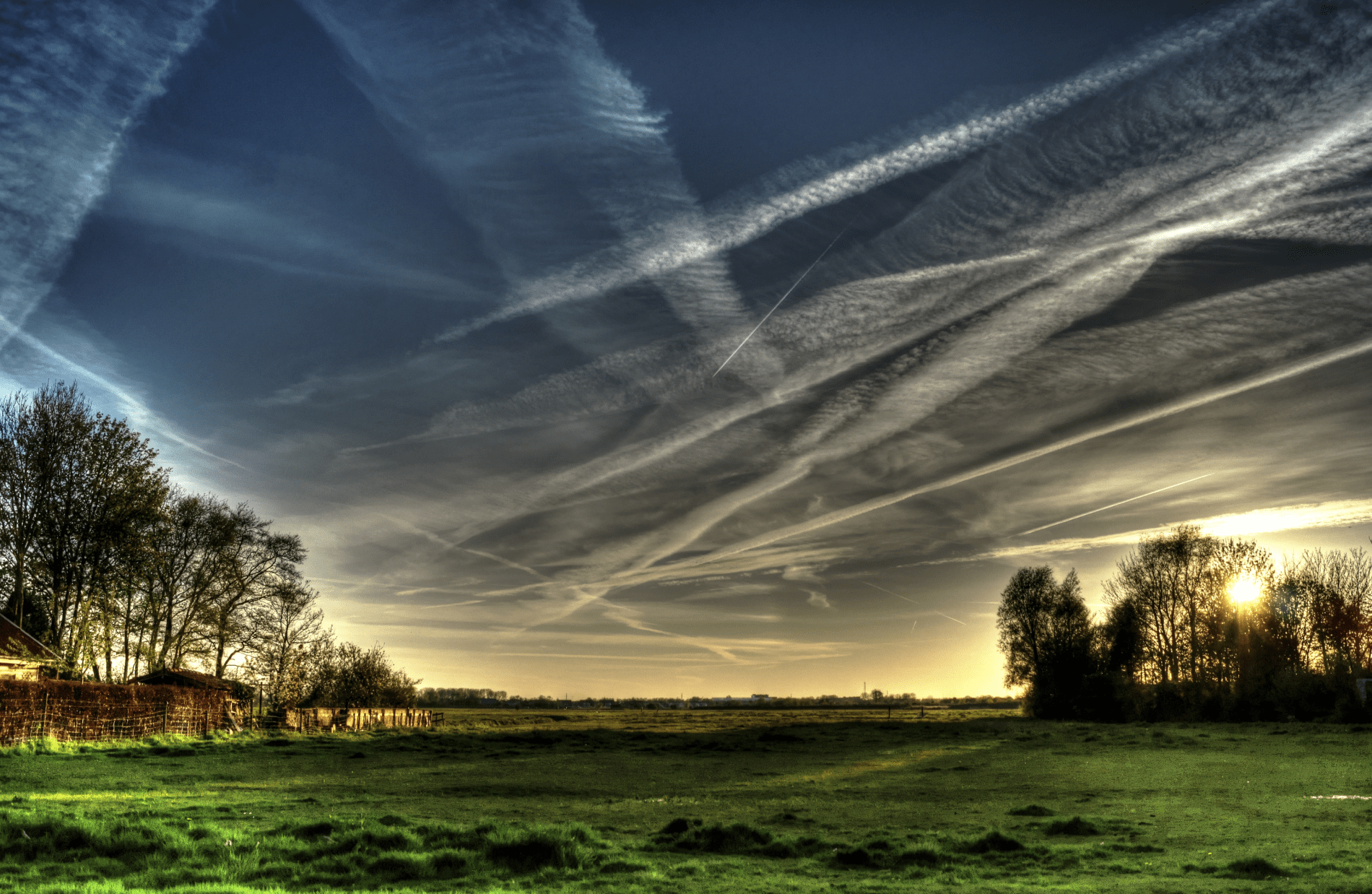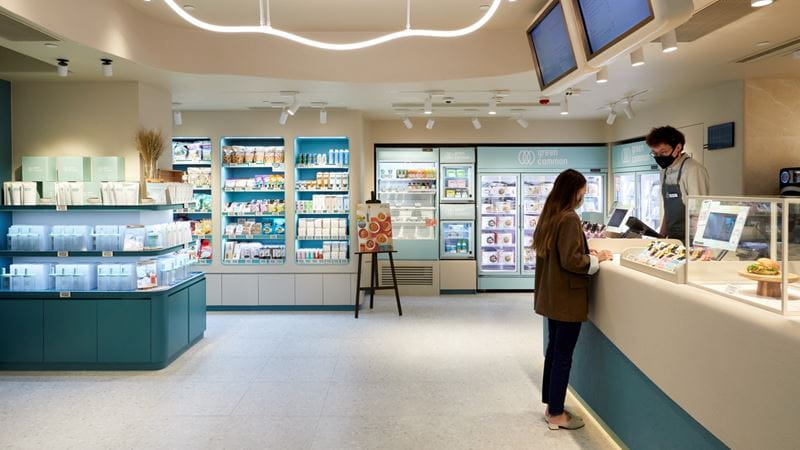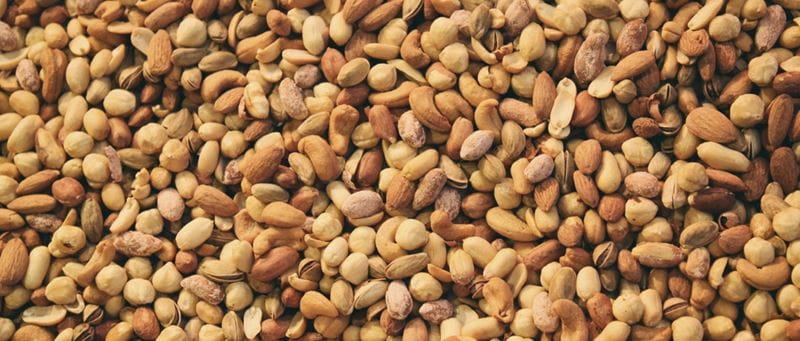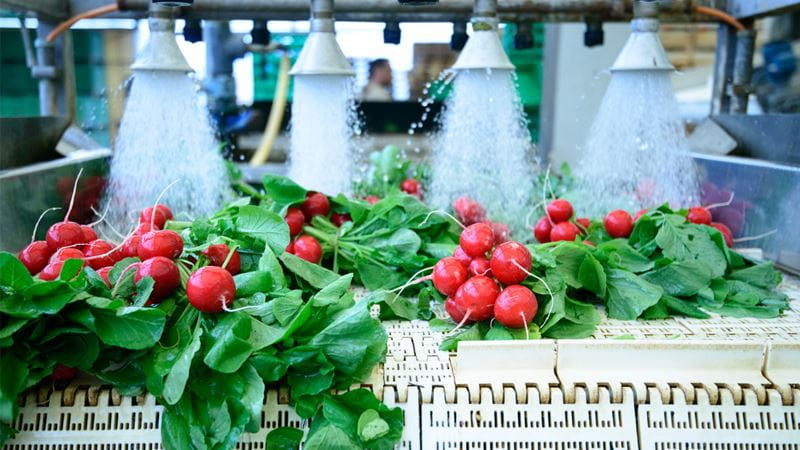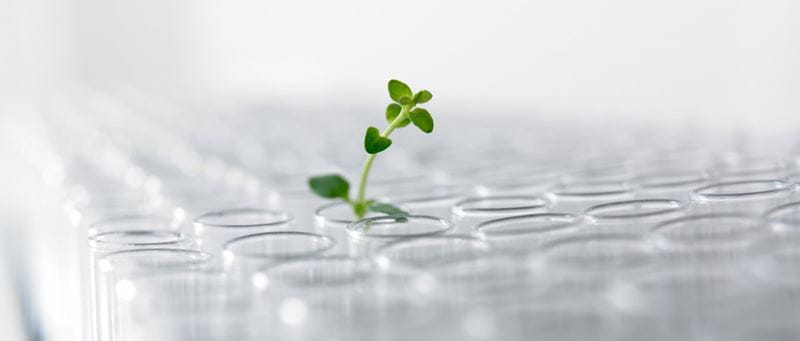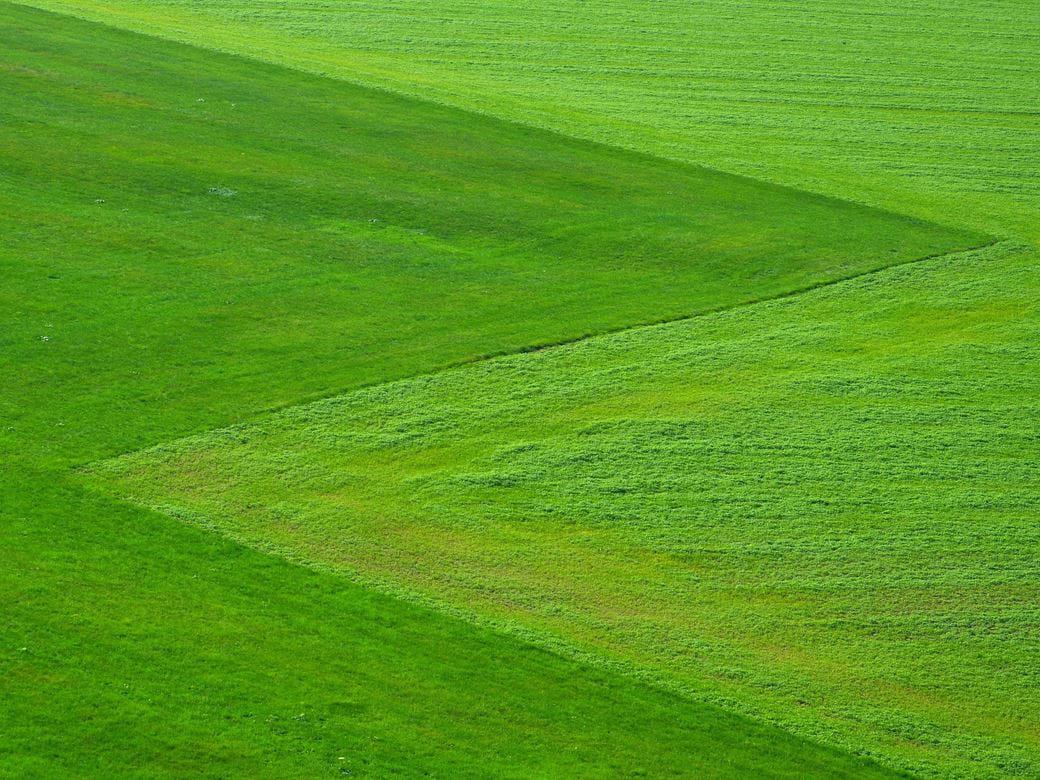
George Monbiot says his job is to tell people what they don’t want to hear.
And if there is one uncomfortable truth the British environmental campaigner and journalist is determined to bring to everyone’s attention it is that we are literally devouring the planet.
Modern farming, he says, has inflicted an “agricultural sprawl” on the natural world, and one that is now the single biggest cause of deforestation, biodiversity loss, pollution and climate breakdown.
“Every hectare that we occupy for our own purposes is a hectare that cannot by occupied by wild ecosystems,” he said in a recent talk hosted by the Oxford Sustainable Business and Entrepreneurship Society.
“People say the problem is intensive farming. But the problem is not the adjective, it’s the noun. The problem… is farming. It's a really difficult and uncomfortable thing to admit but farming is, by a country mile, more damaging (to the planet) than any other industry.”
While agriculture is fundamental to providing nutrition, it has a large environmental footprint through greenhouse gas (GHG) emissions and the use of freshwater and land.
More than a quarter of all GHG emissions come from food, while half of the world’s habitable land is used for agriculture. Three quarters of deforestation – or 5 million hectares of forest loss every year – is caused by agriculture, wreaking havoc on both the biosphere and the atmosphere.
Most of the blame lies with the dairy and meat industry, says Monbiot, who has been a vegan since 2015.
According to the UN Food and Agriculture Organization, livestock accounts for some 15 per cent of all global greenhouse gas emissions.
But trying to get that message across has been complicated by what Monbiot calls some “nostalgic mythmaking” about meat and dairy farming.
A particular bugbear of his is the notion, endorsed by celebrity chiefs and food influencers, that the industry can reduce its environmental impact by feeding cows and lamb grass instead of grains such as corn and soy.
“The worst food products you could ever eat are from pasture-fed beef and lamb,” he says. “They have an enormous ecological opportunity cost, an enormous carbon opportunity cost and a whole lot of other knock-on effects, such as the very high levels of methane and nitrous oxide (emissions).”
Scientists seem to agree. A study by the University Oxford shows grazing – for pasture-fed meat and milk – occupies more than a quarter of the earth’s land, while producing just 1 per cent of the world’s protein.
“We could all eat pasture-fed meat if we had about 12 planets and no space for wild ecosystems on any of them… Pasture-fed meat is by far the greatest cause of sprawl of all,” Monbiot says. “It's just a romantic fairy tale that we can use a Neolithic production system to feed a 21st century population… It's just bucolic and nostalgic mythmaking all the way through.”

Saving bacon and eggs
But unlike many environmental campaigners, Monbiot understands the limits of making the moral case against meat and dairy, even if he believes it can enjoy the same success as public campaigns against smoking.
Instead, as he argues in his critically acclaimed book Regenesis, technology can have a big role to play in changing food production and consumption for the better.
How, then, does he believe we save our bacon and eggs?
By using bacteria, Monbiot says. Or, more specifically, by embracing a technology called precision fermentation.
Just like brewing, precision fermentation uses nature-sourced microbes which multiply and create specific foods as they do so.
With the help of synthetic biology, engineering and information technology, the technique programmes microbes to produce animal- and plant-free protein with the same macronutrient profile as soy, meat or eggs.
Monbiot’s epiphany came when he ate a pancake made of bacterial flour in a lab in Helsinki.
The rich yellow flour, called solein and produced by Finnish start-up Solar Foods, was made using microbes, sourced from air.
These grow on a diet of CO2 bubbles, hydrogen and oxygen – also captured directly from air. When the fermentation is complete, they are dried out to produce flour.
“I was the first person in the world outside the laboratory to eat a pancake made of bacterial flour, small flick for man,” he says, adding that the solein pancake tasted rich, mellow and filling – just like a pancake.
As a technique, precision fermentation uses far less land, carbon, water and fertiliser than traditional food production methods.
It requires 1,700 times less land than the most efficient agricultural means of producing protein, currently soy, and 138,000 times less land than beef production.
In his book, Monbiot shows how precision fermentation, combined with renewable energy, could produce all the world’s protein on an area the size of Greater London (1,569km2).
Because the process is contained in a lab, it avoids the spillover of water and chemicals into the natural world.
The technique is already being used to produce a vast array of non-meat protein foods such as plant burgers, fishless fingers and even “chick’n” nuggets – many of which are finding their way onto supermarket shelves and restaurant menus.
“The big breakthrough now is people beginning to use precision fermentation to make bulk food, to make high protein and high fat ingredients for food," Monbiot says.
"And it's massively more efficient than any production from multicellular organisms.”
Investment Insights
- The global meat industry is experiencing a rapid transformation after the pandemic disrupted supply chains and highlighted the health and environment costs associated with meat consumption and production.
- Healthier alternative meats and plant-based diets are likely to become more popular, with global alternative meat market sales forecast to grow to USD1.8 trillion by 2040 from an estimated USD1.2 trillion in 2025, according to estimates from AT Kearney.
- Plant-based food producers such as Beyond Meat and Impossible Food in the US and Oatly in Sweden have already raised hundreds of millions of dollars in funding in recent years. Their expansion has also seen them seal agreements with major supermarkets and fast food chains to sell their high-margin products. The industry is also poised to adopt novel technologies such as automation and Internet of Things to gain efficiency, improve food safety and reduce waste.
